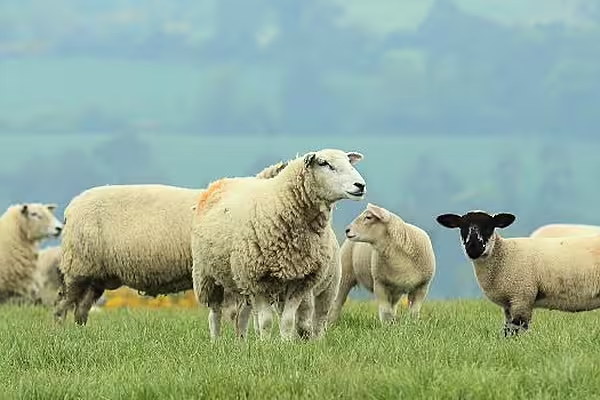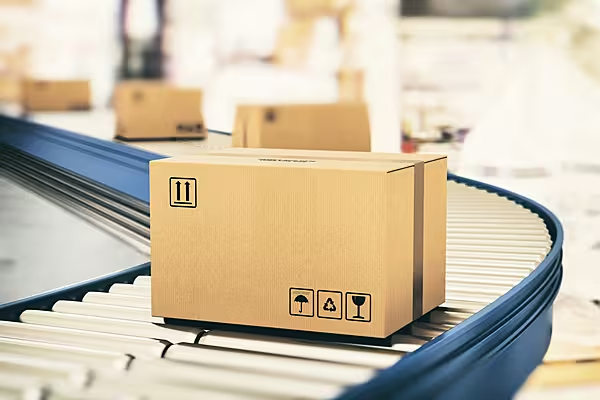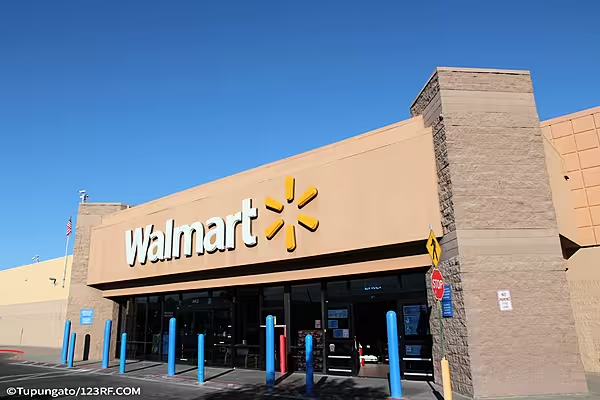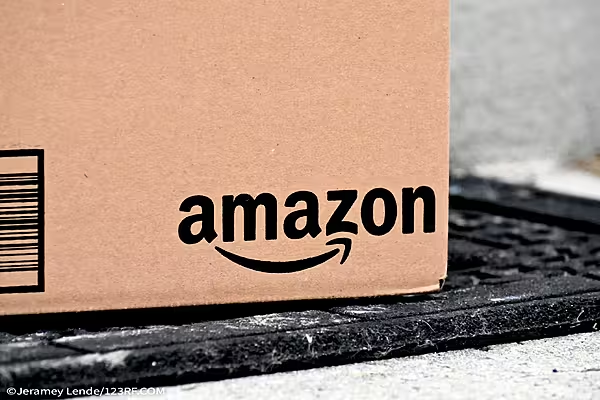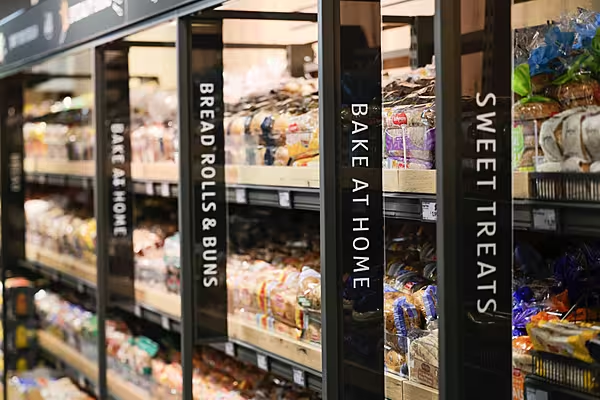An agriculture bill is to be introduced in Britain's parliament later this month as the country prepares to develop its own farm policy for the first time in decades, environment minister Theresa Villiers said on Wednesday.
Villiers told the annual Oxford Farming Conference that future funding for agriculture would increasingly be linked to providing public benefits such as tackling climate change or improving animal welfare.
"We have the potential to create a virtuous circle between agriculture, tackling climate change, protecting biodiversity, and securing investment in our rural economy," she said.
National Farmers Union president Minette Batters told the conference Britain's departure from the European Union was "the greatest reset of agricultural policy since the 1940s".
Transition Period
Britain is due to leave the EU by the end of this month. While a member of the trading bloc it has implemented the EU's Common Agricultural Policy.
In England, there will be a seven-year transition period for farmers to adjust to the changes, during which payments not linked to providing public benefits will be phased out.
Under the EU's farm policy, British farmers receive about £3 billion ($3.9 billion) a year in public funds.
Some of the money is already linked to participating in environmental schemes, but there are also annual payments based on ownership of agricultural land.
For some farmers such payments can represent up to 70% of their income.
Devolved Administrations
Policies may differ in Scotland and Wales, where devolved administrations control farm spending.
NFU president Batters said the future of farming in Britain would also hinge on any future trade deals with the EU and other potential partners such as the United States.
There are concerns in Britain's farming industry that future deals could open the way for imports that do not comply with current EU rules.
In the United States, for example, some hormones are used to promote growth in livestock that are banned by the EU and cannot be used if the meat is to be imported into the trading bloc.
Initially, such restrictions will also apply in Britain after it leaves the EU but could potentially be amended to help open the way for a major trade deal.
Villiers said imports would only be allowed if standards were as "good as our own".
News by Reuters, edited by Donna Ahern Checkout. Click subscribe to sign up for the Checkout print edition.
